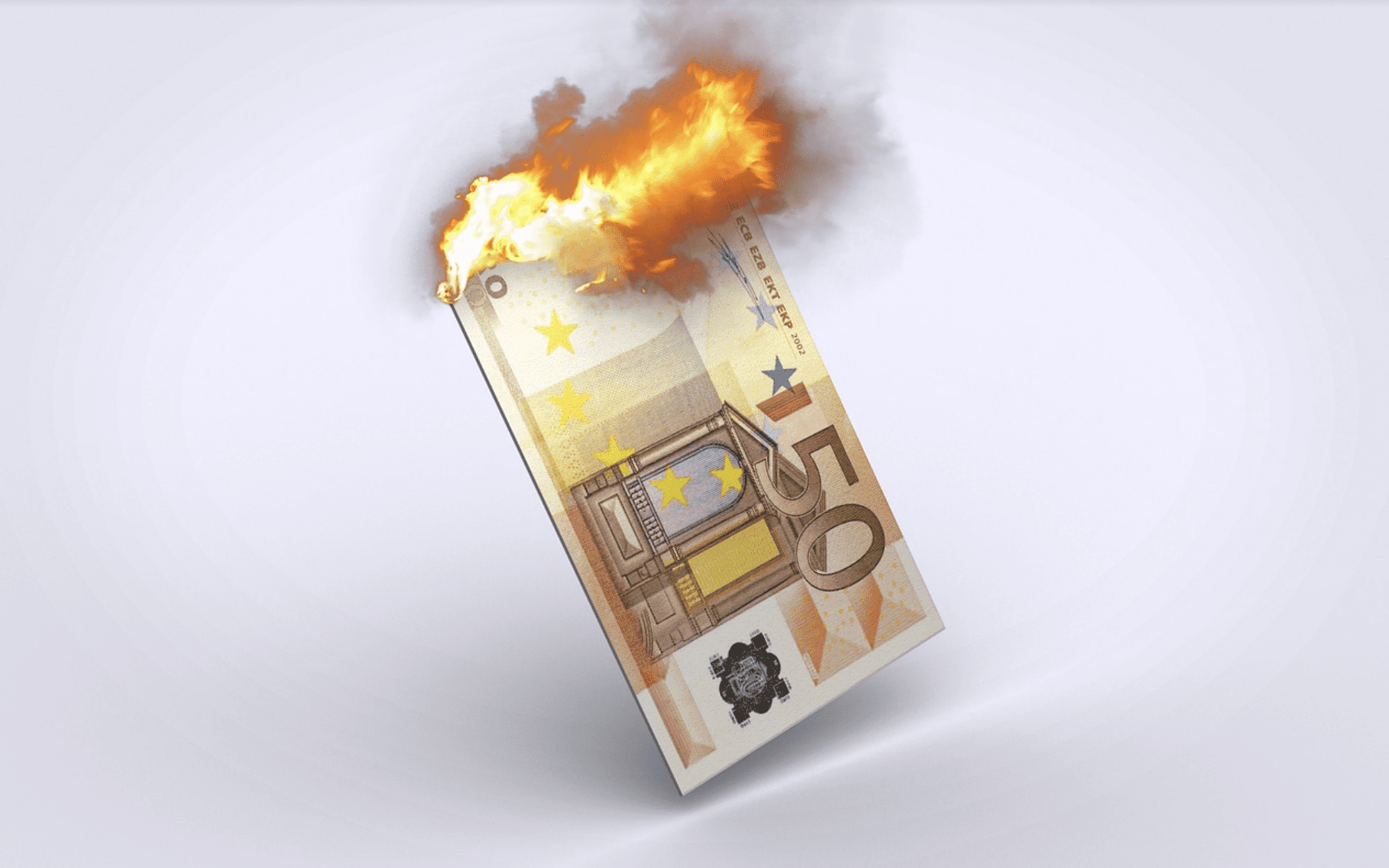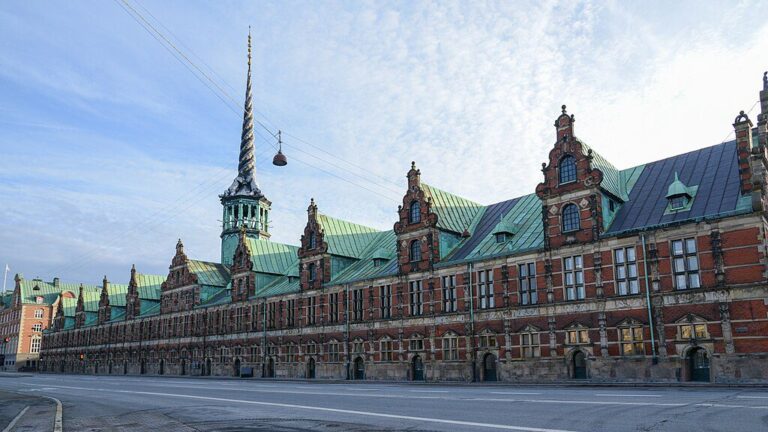Inflation in the euro zone has once more exceeded expectations of economists, as revealed by the EU’s statistics agency Eurostat in a first assessment of the month of August. With a rise to 9.1%, the highest rate of year-to-year inflation since the introduction of the euro in 1999, euro zone inflation exceeded by far the goal of the European Central Bank (ECB) of 2%, and rose even beyond the expected rise of 9%. The cost of energy remains the main driver of prices, but also food inflation in the double digits contributes to the rise. While the ECB is expected to respond with a large interest rate hike during a meeting on September 8th, most economists expect the inflation rate to exceed 10% before the end of the year as the heating season arrives.
Unsurprisingly, energy inflation topped the list with an annual inflation rate of 383%, followed by food, alcohol, and tobacco inflation of 10.6%. While energy and food inflation is hitting consumers hardest, the ECB is more worried about the rise of non-energy industrial goods to 5%, a rise of 0.5% compared to July, as this indicates a more structural rise of inflation than the highly volatile energy and food markets.
In the run up to a meeting on September 8th, the ECB is considering a major interest rate hike. “Some members are inclined to advocate a 75 basis points interest rate increase,” said Peter Schaffrik, global macro strategist at RBC Capital Markets. “Despite the slowdown in the economy that we will almost certainly be getting, the central banks won’t let up on their hiking path.”
According to Kenneth Wattret, head of economics at S&P Global Market Intelligence, the outlook for Europe’s economy is “pretty bleak.” In an interview with CNBC he said that “it looks inevitable that the euro area is headed for a recession. The question is only how deep it will be and how long it will last.” He expects the “exceptionally elevated” inflation rate to remain that way “for at least the next seven months.”
With the inflation rate remaining above the aim of 2% for a prolonged period of time, the ECB’s worries of entrenchment intensify. While most economists agree that the ECB has reacted too late, opinions are divided whether a sudden increase, rather than a steady increase, of the interest rate is a proper means to address the problem. The governor of the National Bank of Belgium, Pierre Wunsch, pleaded for raising interest rates to a level that may even slow down the economy: “I think the consensus is that we need to quickly raise the rates to a level that may become restrictive from a certain point onwards.”





